“We flex in a world of flux”:
The enduring appeal of Landmark
FEATURES / 16 JULY 2024

Flexible workspace provider, Landmark, secured its spot when the industry was embryonic, and its flex appeal has no doubt remained. Seamlessly combining impeccable customer service, professionalism, smart design and a genuine 'people-powered' culture, the flexible workspace provider continues to look toward a promising future. Below, we take a deep dive into the enduring appeal of Landmark and what it has in store for the future.
What’s in a name?
Pretty bold but perfectly on-brand, ‘Landmark’ knew exactly how to label itself. The name was devised to "represent our commitment to providing flexible workspace only in buildings of note – whether they were iconic, prestigious addresses, or historic properties”, Ed Cowell, CEO of Landmark Space tells Flex and The City. And yet, the clever title has turned into a clear accolade, as the operator has no doubt become a landmark in the history of flex.
"While the concept of flexible working has been around in some form since the 70s, the idea of a serviced office was coined only in 1999. Landmark was established in 2000 as these concepts merged, forming the basis of how we use our workspaces today”, Ed expresses.

Since its inception, Landmark has built a reputation for excellence in customer service and professionalism, supporting more than 11,500 clients every day. Initially synonymous with a classic corporate and professional ambiance, Landmark catered primarily to businesses seeking the prestige of an iconic address and high-level corporate service within City skyscrapers or West End boutique buildings. “Even today, this legacy continues in pockets of our portfolio, such as the Lighthouse in Kings Cross, and Wogan House - former home of the BBC”, Ed adds.
Landmark has nevertheless journeyed from a corporate-focused flexible workspace provider to a modern, people-powered brand- a testament to its ability to adapt and innovate. By blending iconic addresses with contemporary design and a human-centric approach, Landmark is setting new standards in the flexible workspace sector.

Early Expansion and Mergers
In 2013, the flex operator expanded to the West End, marking the beginning of its growth trajectory. The company's significant milestone came in 2018 when it merged with i2 Offices, followed by the acquisition of The Space in 2019. This noteworthy merger added 9 boutique buildings to Landmark's portfolio, including locations in Old Street, Aldgate, Holborn, Liverpool Street, and Regent Street, housing an additional 72 businesses. Designed to be dog-friendly, contemporary and welcoming environments, The Space enabled Landmark to diversify its offerings and styles, catering to a broader range of clientele.
Alongside their offerings in London across 30 prime locations, Landmark now has spaces in 6 key UK cities, with plans to continue expanding their number of properties within the portfolio, according to client demand.

Evolving the Brand: A New 'People-Powered' Ethos
As the world adapted to the pandemic's challenges, the concept of a 'human organization' solidified and Landmark duly took note. “Times change”, Ed stresses, “the world has quickly adopted cultures of flexible working, adaptable contracts, and most of all genuine human connections”. Responding to these changes, the flex operator evolved its brand and ethos with a new 'people-powered' philosophy:
“Landmark’s new ‘people-powered’ ethos is driven by the values of leading with kindness, evolving with purpose and delivering with pride. By maintaining our core promise to support, nurture and reflect client and employee values, we flex in a world of flux.”
Indeed, by flexing to support its clients with a no-matter-what ‘consider it done’ approach, Landmark has reaped the benefits of customer loyalty and client retention. It’s not surprising that the operator enjoys an industry leading Net Promoter Score (NPS), a measure used to gauge customer loyalty on a scale from -100 to +100. As of May 2023, their score is 59. To benchmark this score within the industry, flex competitors have scored 14 and -80 in comparison.

A New Look for Landmark Spaces
As Landmark celebrates its 24th anniversary, it is veering away from a strictly classic corporate brand to adopt a more modern and updated aesthetic. This shift is reflected in the refurbishment of many of its portfolio buildings, including the Lighthouse in Kings Cross, 99 Bishopsgate and most recently Bristol. The Lighthouse, with its nautical rooftop spire, has a storied history dating back to the 1800s, having housed an oyster bar and a record store. It opened in June 2022, offering a stunning four-storey building with a unique character.
Bishopsgate, on the other hand, resembles more of a private members' club (think Soho House) than a traditional office space. This approach combines professionalism with a cooler, more stylish atmosphere, catering to both professional and informal tenants. Plus, Landmark offers bespoke office design services, allowing tenants to work closely with Landmark's design and building teams to achieve their desired look and feel.

New Additions and Future Plans
Landmark continues to expand and innovate. The newest addition to its portfolio, opening in November/December, is Wogan House. The news of Landmark clinching the former BBC abode spread like wildfire. And rightly so. Taking inspiration from 1960s recording studios, this iconic building will offer unique and prestigious workstations from 4 to 200, featuring vanity areas, a gym, wellness rooms, and much more.

As it continues to evolve, Landmark is poised to provide exceptional service in environments that nurture and inspire. Harmonizing iconic addresses with contemporary design and a human-centred ethos, Landmark is no doubt crystallising its identity as a premium workspace provider with a modern, people-centric brand.






Written by
Flex and The City